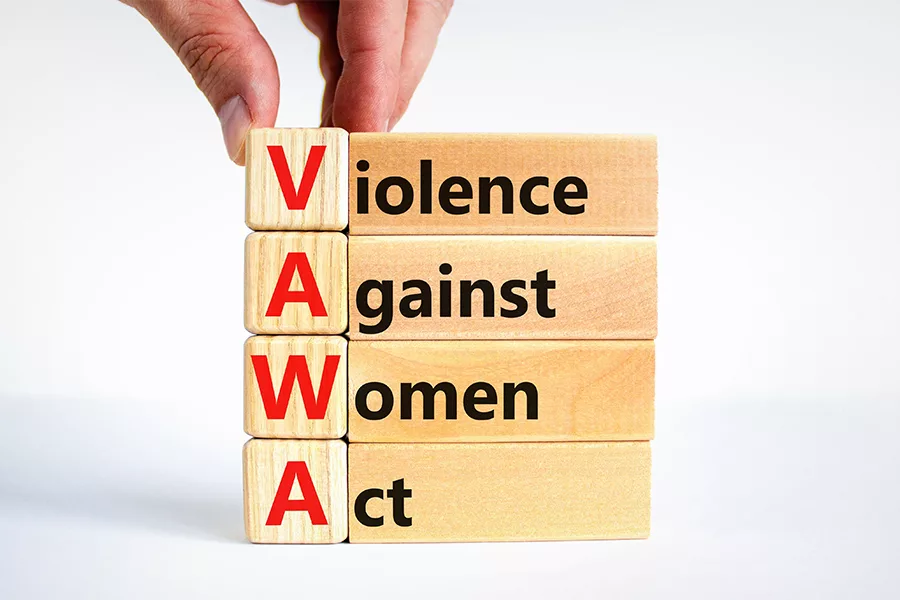-
Assisted Housing Management Insider
- Feature
- Compliance
- The Trainer
- Model Policies
- Dealing with Households
- HUD Audits
- Recent Court Rulings
- Dos & Don'ts
- Resources
- Model Tools
- Feature Articles
- Model Forms
- For Authors
- Model Letters
- Other Model Tools
- Online Alerts
- Q & A
- Certification
- Crime & Security
- Income Calculations
- Maintenance
- Screening Applicants
- In the News
- Blogs
- Archives











